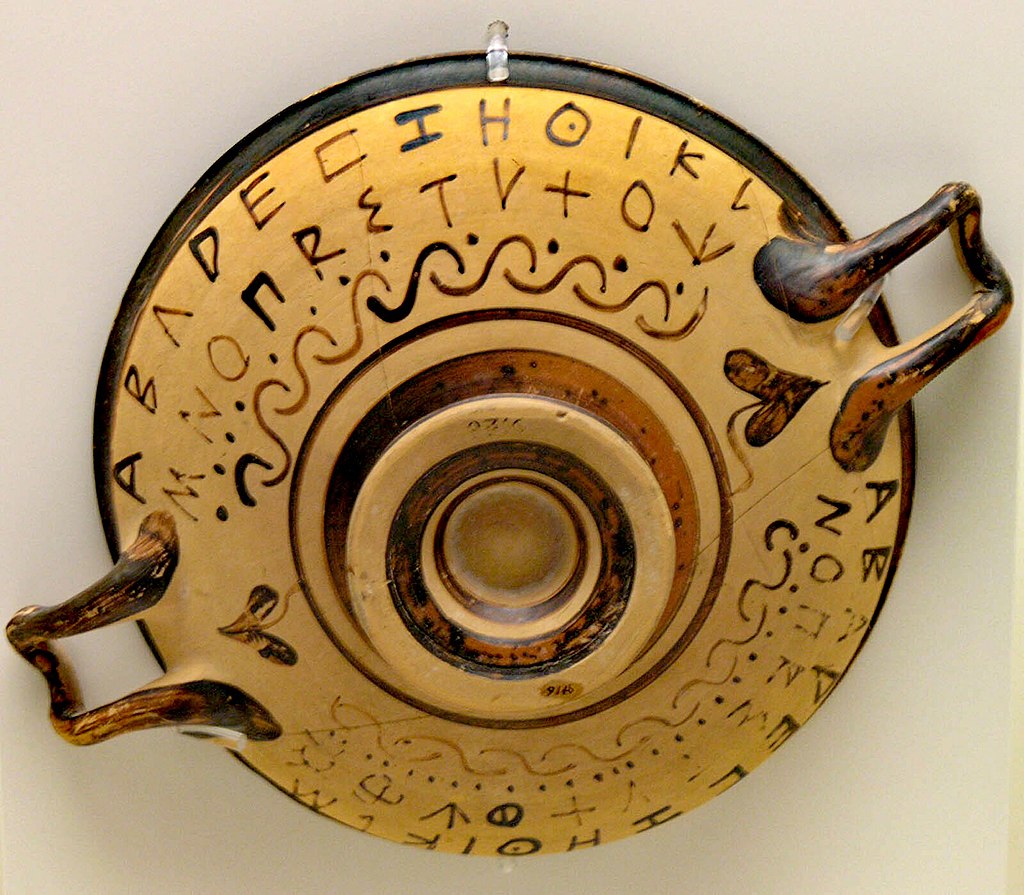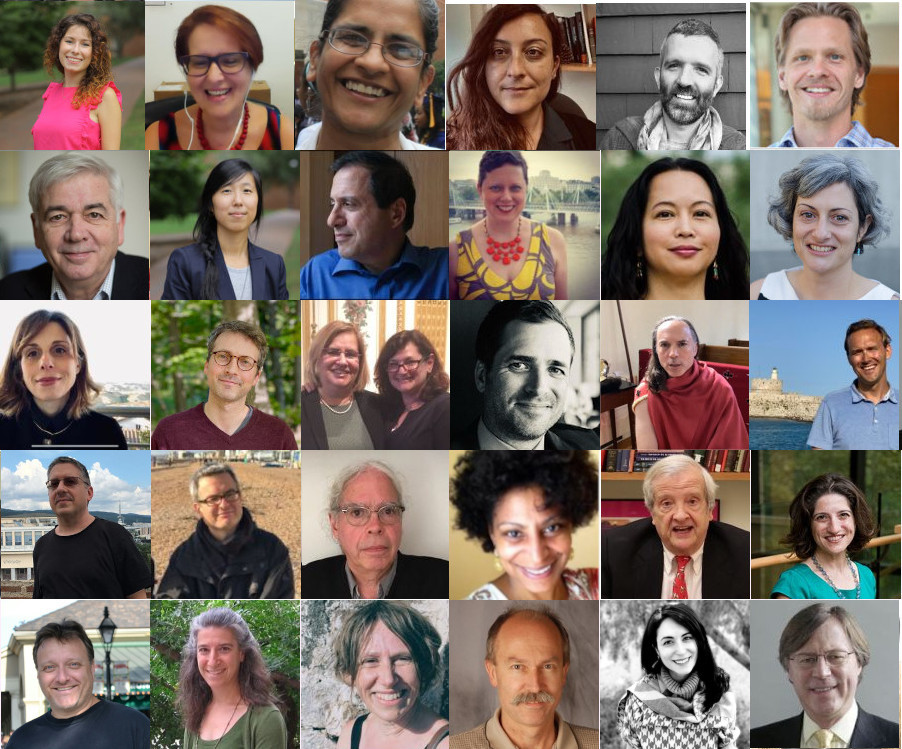Fast and sacred ships
Some say that the Phaeacians built ships which moved with the swiftness of a raptor [irēx].[1] Their ships fly over water propelled by well-fitted oars [euēra eretma] that are like wings [ptera] for ships.[2] Some say Odysseus is next in line for breaking speed records with his ships that qualify as fast-sailing [ōkualos nēus].[3] Some say the fastest ships were the Iliadic ships that qualified as “swift” [thoos].[4] These are… Read more





